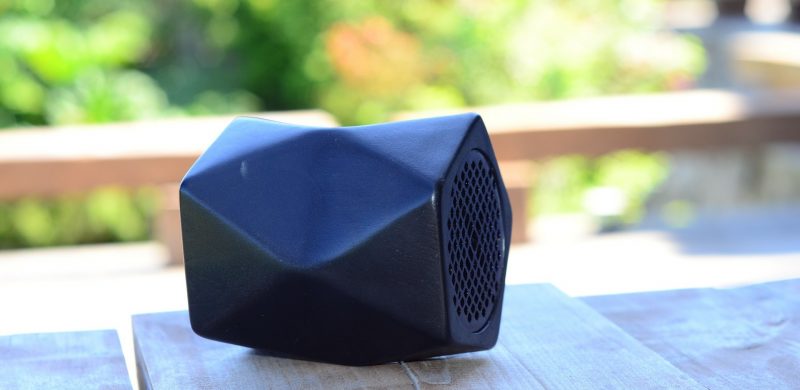
As the world becomes a more connected and integrated hub, changes will be seen in almost if not everything. We’ve heard of smart houses, smart cars and I’m sure we all have smartphones. This year has seen the new smart speakers and the competition between Google, Amazon and Apple to create an even smarter home system.
Ever found a spouse or other family members and even friends in the middle of a series which you had intended to start watching together? Ever gotten home and realized that you forgotten to buy carrots? Ever wanted to watch a movie but you feel lazy to look for it? I’m sure you probably said yes to at least two of those questions.
Two products that consumers will be looking to get their hands on in the run up to the holiday season – Amazon Echo and Google Home. These devices can be connected to Netflix, Walmart and your TV as well as the rest of your home devices.
With an array of seven far-field microphones, advanced Bluetooth audio support and, importantly, a 3.5mm audio jack, Amazon sees the Echo Dot as a low-cost Alexa controller. A tiny, integrated 0.6” speaker is a clear indicator that Amazon expects the Echo Dot to be connected – wired or wirelessly – to a standalone speaker.
Conversely, the Google Home Mini only has two far-field microphones for voice detection, but a larger, 1.57” driver. There’s Bluetooth input support, but not output, and the device lacks an audio port. Integrated Chromecast and Chromecast Audio streaming and enhanced audio format support demonstrates Google’s belief that Home Mini can serve as a competent, if compact, standalone speaker – alongside other duties
When it comes to aesthetics, Amazon and Google have taken very different approaches. Available in a choice of black or white, the Echo Dot very much resembles what you’d expect to happen if someone stomped on a regular Amazon Echo. The glossy, plastic puck has a build-quality that’s far more refined than you’d expect on a $50 device, and the compact size is unobtrusive in the home – although the large Amazon logo slapped on the front does detract somewhat.
The Echo Dot also retains the iconic blue and orange LED status ring seen on its big brother. It adds a little interest to an otherwise plain-looking device, but also makes the Echo Dot more noticeable than you may wish. Cute though it may be, the Amazon Echo Dot is clearly identifiable as a piece of technology – there’s little attempt to hide that fact.
While Google Home suffered a more than a few barbs regarding its resemblance to a certain brand of air freshener, there was a clear attempt to visually differentiate the device from other tech in the home. Building on an experiment with the Google OnHub router, Google offers a range of textured covers for the device that allow home owners to better integrate the smart speaker with its surroundings.
That mission continues with Google Home Mini, available in chalk, charcoal, and coral. Again, build quality is excellent and Home Mini’s pin cushion form factor gives the device its own identity. Unlike Amazon, Google has been gracious enough not whack a giant “G” logo on the speaker, helping Home Mini to almost disappear into its surroundings when not in use.
Google’s designers have even spent time crafting Home Mini’s circular power adapter, which fits neatly in the hand and protrudes from the wall far less than the Echo Dot’s power supply. There’s even clips on the power cable to tidy up any slack. These are small touches, yes, but they demonstrate a level of design detail and care that’s the hallmark of a great device.
If you’re already invested in a smart assistant ecosystem, neither Amazon Echo Dot or Google Home Mini deliver compelling reasons to switch.
Amazon should be celebrated for creating this compact, smart controller category with the original Amazon Echo Dot, which delivers much of the magic of it’s big brother(s) at a fraction of the price. But it’s very much a companion device – a supporting controller for Alexa around the home and a smart addition to a dedicated Bluetooth speaker.
It’s clear that Google’s engineers and designers have spent time understanding and then building on the Echo Dot’s foundations. It looks better, sounds better, and while it lacks the Echo Dot’s wealth of integrations, Google is catching up quickly.
Of course, with both manufacturers limiting availability to specific regions, you may not have much choice. But if you find yourself staring at the Amazon Echo Dot and Google Home Mini, wondering which one to take home, it’s Google’s cute and compact smart speaker that should win the day.

